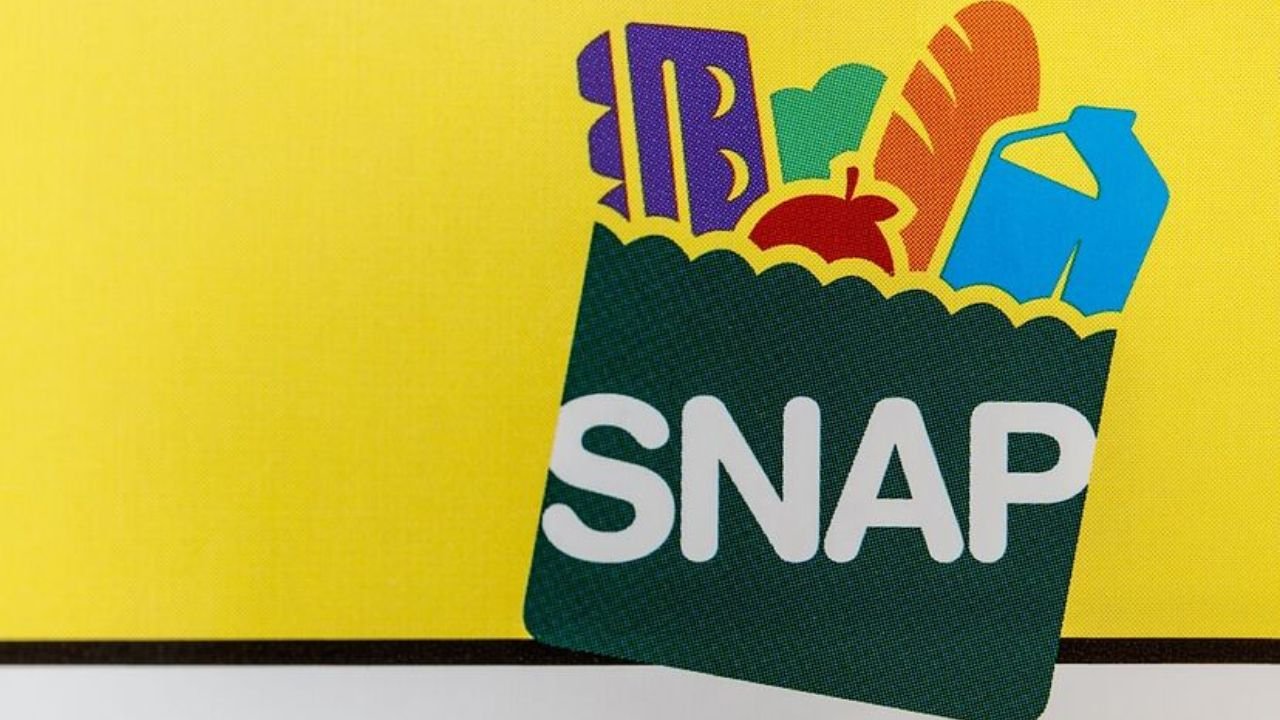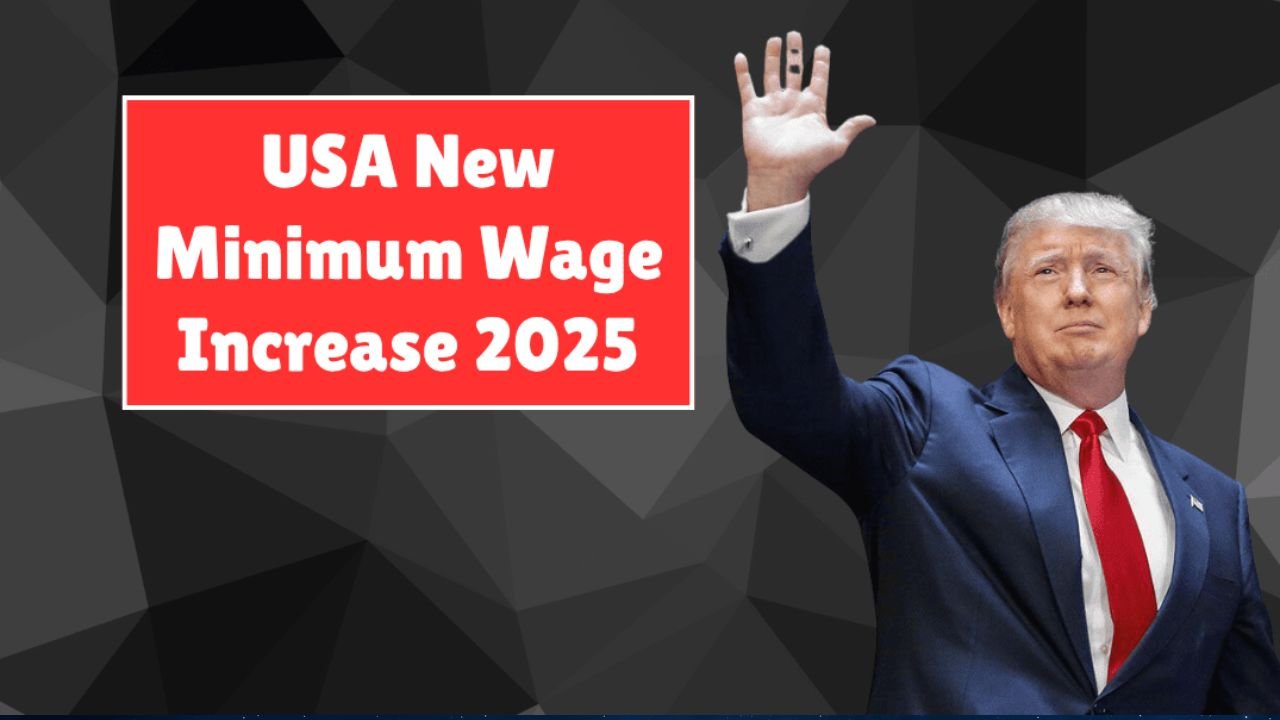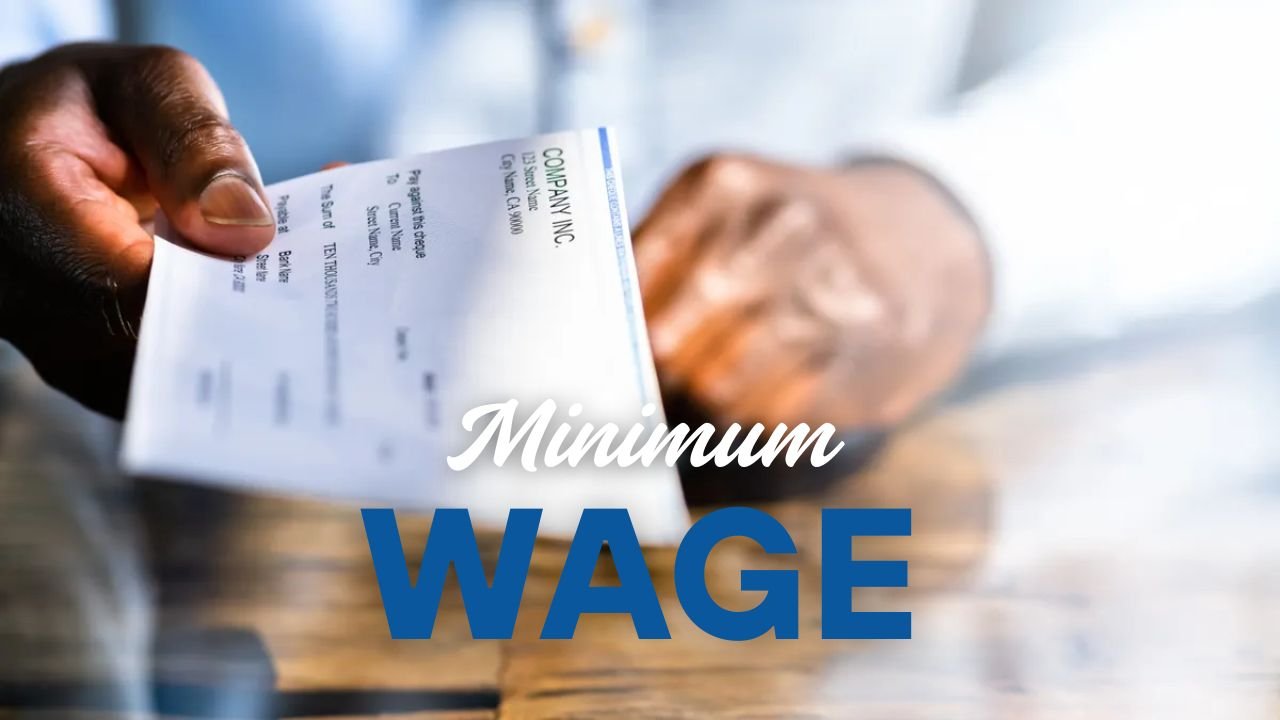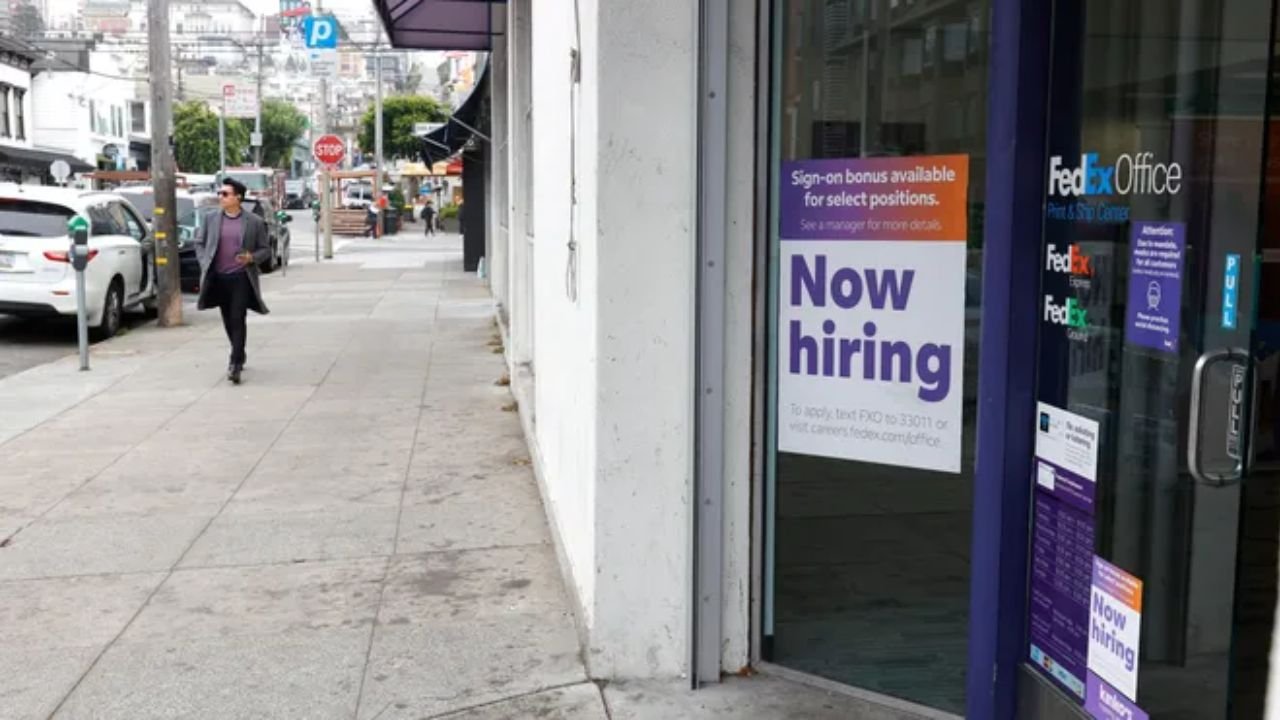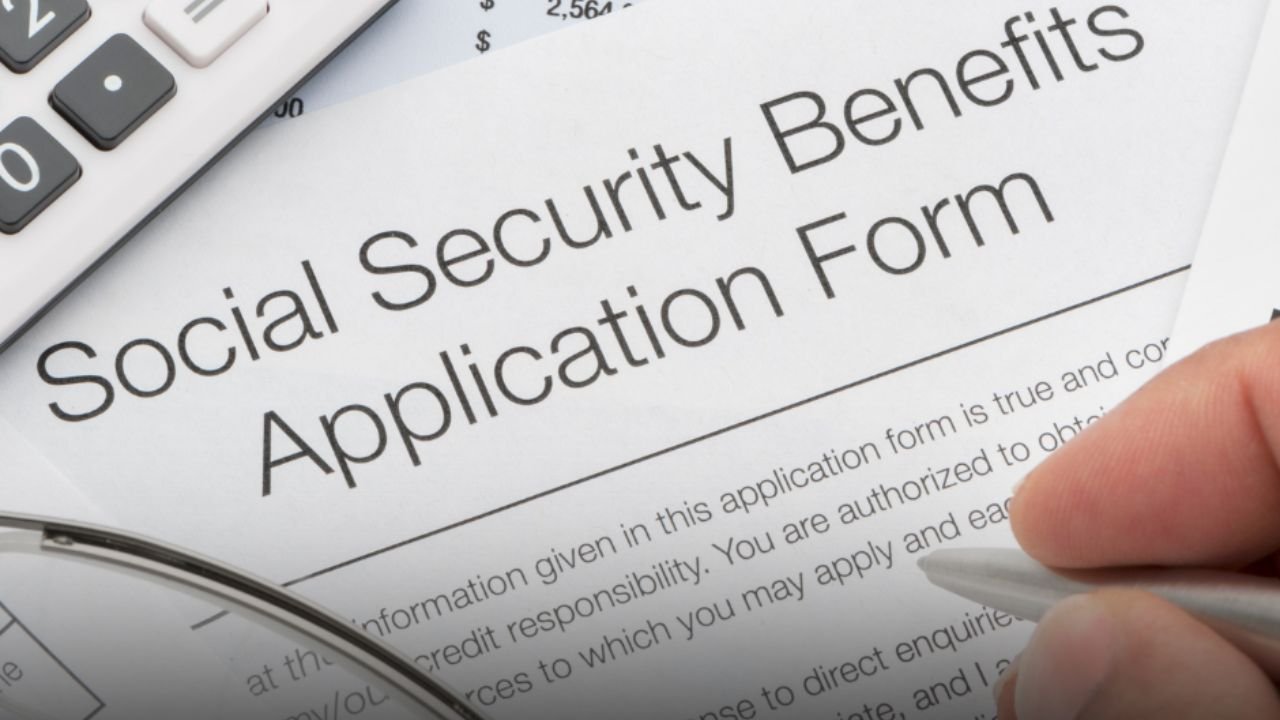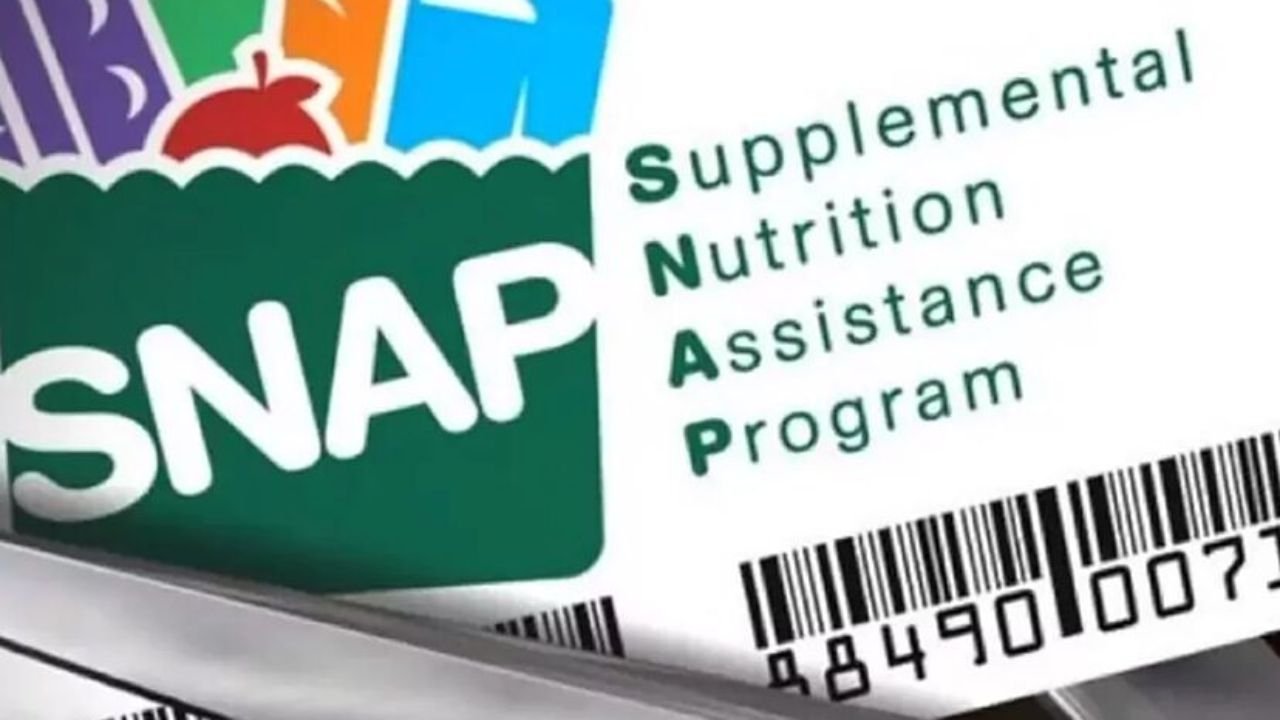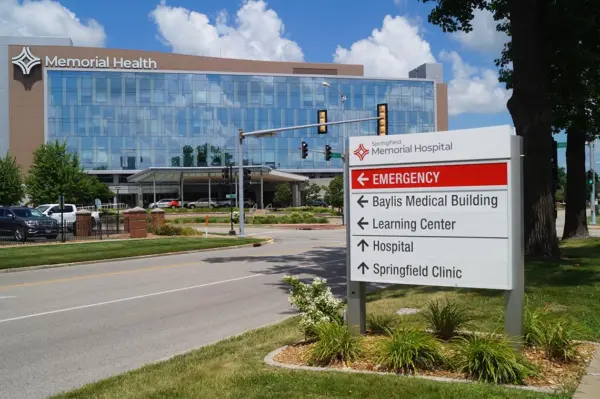ILLINOIS — Thousands of Illinois residents rely on SNAP benefits to put food on the table each month, and knowing when payments arrive or how to check balances is essential. For July 2025, the Illinois Department of Human Services (IDHS) is issuing food stamp benefits according to the usual staggered schedule. Here’s everything you need to know — including payment dates, balance check tools, and updated income rules.
SNAP July 2025 Payment Dates in Illinois
In Illinois, SNAP (formerly known as food stamps) benefits are issued over the first ten days of each month, depending on the recipient’s case number. This staggered schedule ensures smooth disbursement across the state.
Here is the official payment release schedule for July 2025:
| Case Number Range | Payment Date |
|---|---|
| 01–10 | July 1 |
| 11–20 | July 2 |
| 21–30 | July 3 |
| 31–40 | July 4 |
| 41–50 | July 5 |
| 51–60 | July 6 |
| 61–70 | July 7 |
| 71–80 | July 8 |
| 81–90 | July 9 |
| 91–99 | July 10 |
If you’re unsure of your case number, you can find it on your Illinois Link card documents or call the customer service hotline listed on the back of your card.
How to Check Your Illinois EBT Balance
Keeping track of your remaining food benefits is easy using these tools provided by the state and its partners:
-
Online Portal: Visit the Illinois Link Card site and log in to your account.
-
Mobile App: Use apps like Fresh EBT (now called Providers) that let you securely connect your EBT card and view your balance.
-
Phone Option: Call 1-800-678-LINK (5465). Follow the prompts to hear your current balance and last transaction.
Some stores also show your balance on your receipt after each SNAP-eligible purchase.
Updated Income Limits for SNAP in Illinois (2025)
As of April 2025, the gross monthly income limits to qualify for SNAP benefits in Illinois have been updated. These limits vary by household size:
| Household Size | Gross Monthly Income Limit |
|---|---|
| 1 | $1,580 |
| 2 | $2,137 |
| 3 | $2,694 |
| 4 | $3,250 |
| 5 | $3,807 |
| 6 | $4,364 |
Households with elderly or disabled members may qualify under different guidelines. All applicants must also meet resource limits and citizenship status criteria.
For full eligibility details, residents can visit the IDHS SNAP eligibility page.
Important 2025 SNAP Program Changes in Illinois
Several key policy changes have come into effect in 2025 that Illinois residents should be aware of:
-
ABAWD Work Requirements Reinstated: Able-bodied adults without dependents (ages 18–49) must meet work/training requirements unless exempt.
-
College Students: Temporary COVID-era expansions allowing more college students to qualify for SNAP have now expired. Most students must work at least 20 hours/week or meet exemptions to qualify.
-
Re-Certification Requirements: IDHS has resumed stricter re-certification timelines. If your benefits are about to expire, submit your redetermination forms promptly.
Some residents may still benefit from transitional SNAP benefits if recently exiting cash assistance programs.
Where to Get Help in Cook County and Chicago
If you need help applying for SNAP, reporting issues, or understanding your case status, here are resources in Cook County:
-
Greater Chicago Food Depository SNAP Hotline: 773-843-5416
-
IDHS Local Office Locator: Find your nearest location at ABE.illinois.gov
-
Community Partners: Local nonprofits like Catholic Charities, Erie House, and the Urban League provide multilingual support for SNAP applicants.
These groups can assist with initial applications, document uploading, redetermination, or appeals if benefits are denied or reduced.
Common Questions from SNAP Users in Illinois
“Why is my SNAP lower this month?”
You may have had a change in household income, size, or re-certification delays. Contact IDHS to confirm your case details.
“Can I use my Illinois EBT card in other states?”
Yes, SNAP cards can be used across all 50 states, but cash benefits (if any) might have local restrictions.
“Do I have to reapply every month?”
No, but you must re-certify periodically, usually every 6 or 12 months depending on your case type.
Have You Faced Delays or Cuts in Your SNAP Benefits?
Tell us how it’s affecting your family at chicagosuburbanfamily.com. We want to hear how policies are working — or not working — for Illinois residents like you.
